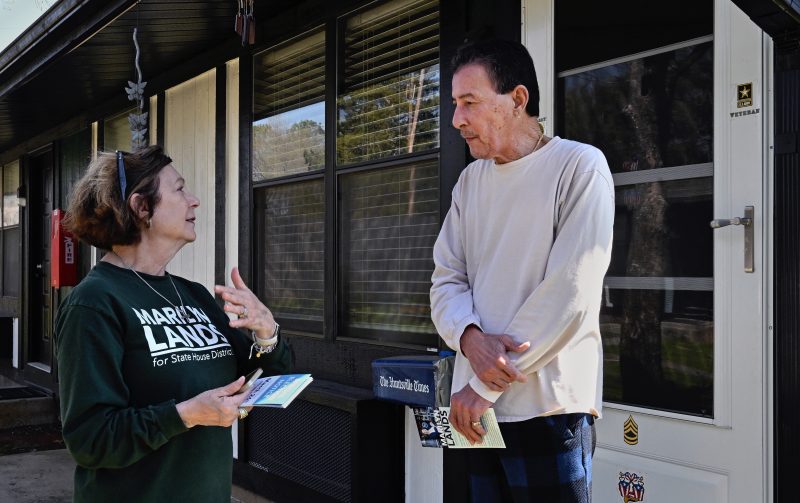In a recent development in Alabama, the hotly debated topic of abortion has once again taken center stage, this time within the context of the ongoing special election. The controversy revolves around a ruling related to In Vitro Fertilization (IVF) and its implications for the abortion debate. This ruling has not only sparked conversations within the state but has also brought to light the deep-rooted battle lines that shape the political landscape in Alabama.
The ruling in question directly addressed the legal status of embryos created through IVF. Specifically, it stated that these embryos should be considered human beings with the same rights and protections as any other individual. This decision has polarized opinions, with supporters arguing for the sanctity of life and opponents raising concerns about the potential impact on reproductive rights.
Proponents of the ruling argue that it reflects a deep-seated belief in the protection of life from its earliest stages. They contend that defining embryos as human beings is a necessary step to safeguard their rights and prevent exploitation in the name of scientific advancement. For many Alabamians, this ruling aligns closely with their conservative values and religious beliefs, which prioritize the protection of life above all else.
On the other side of the debate, opponents of the ruling raise valid concerns about the broader implications for reproductive rights and autonomy. They argue that categorizing embryos as legal persons could set a dangerous precedent that undermines the rights of women to make decisions about their own bodies. This ruling, critics fear, may pave the way for further restrictions on abortion and other reproductive health services, ultimately curtailing individual freedoms.
The ruling on IVF has quickly become a focal point in the ongoing special election in Alabama, further emphasizing the stark divide between candidates and voters on this contentious issue. For conservative candidates, support for the ruling may be seen as a litmus test of their commitment to traditional values and pro-life causes. Conversely, liberal candidates are likely to emphasize the importance of preserving reproductive rights and women’s autonomy in the face of such legal challenges.
As the special election unfolds, candidates on both sides of the aisle will undoubtedly seek to leverage the IVF ruling to rally their respective bases and garner support from undecided voters. The outcome of this election may well be shaped by where individuals and communities stand on the broader abortion debate and their interpretations of the implications of the recent ruling.
In the larger context of the national conversation on reproductive rights, the IVF ruling in Alabama serves as a microcosm of the deeply entrenched battle lines that continue to define this contentious issue. The clash between the sanctity of life and individual autonomy is as prevalent in Alabama as it is across the country, highlighting the enduring relevance of these debates in shaping our political landscape and societal values. Ultimately, the outcome of this special election may offer insights not only into the future of Alabama’s political landscape but also into the broader trajectory of the abortion debate in the United States.


























